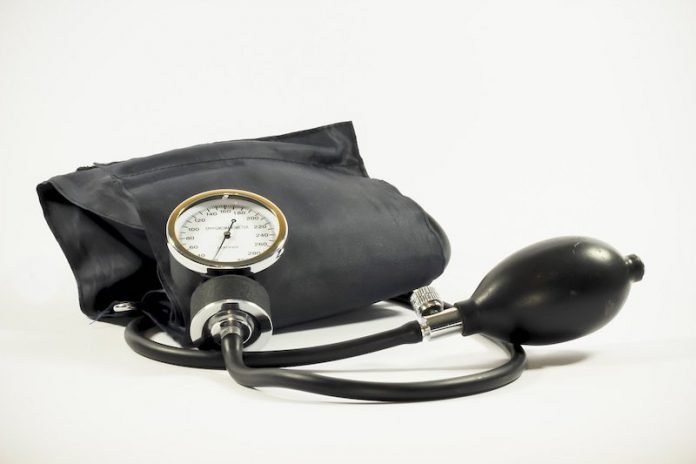
Usually, blood pressure starts to rise a few hours before you wake up.
It continues to rise during the day, peaking in midday.
Blood pressure normally drops in the late afternoon and evening. Blood pressure is normally lower at night while you’re sleeping.
According to the American Heart Association Council on High Blood Pressure Research, the European Society of Hypertension and the Japanese Society of Hypertension, nocturnal BP is considered within the normal range if the average of nighttime values is lower than 120/70 mm Hg.
The best way to get a good understanding of blood pressure is to use something called ambulatory blood pressure monitoring.
Here a blood pressure machine is strapped to the patient for 24 hours and the machine will automatically measure the blood pressure twice every hour during waking hours and once every hour at night and then calculate 3 sets of average from all the readings.
It will give you a 24-hour average, a day-time average, and a nighttime average.
All research studies on the subject of blood pressure have found that ambulatory blood pressure monitoring is the most reliable non-invasive method for an accurate assessment of blood pressure.
The results are reproducible because all the variability tends to get averaged out.
An ambulatory blood pressure monitor can be helpful to give you an accurate representation of blood pressure numbers, it is more accurate in terms of predicting prognosis and it can reliably assess response to treatment.
This video talks about the importance of nighttime blood pressure.
If you care about blood pressure, please read studies about a safe and more efficient way to treat high blood pressure, and beetroot that could protect against high blood pressure.
Source: York Cardiology (Shared via CC-BY)




